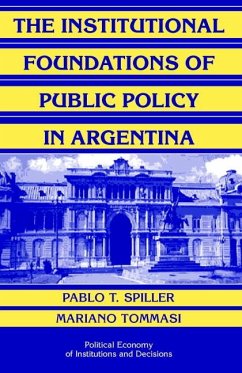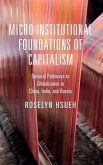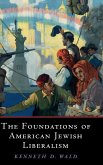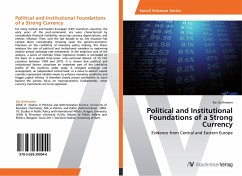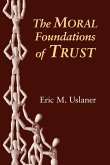This book develops a general model of public policymaking, focusing on the difficulties of securing intertemporal exchanges among politicians. By using this model the authors are able to derive a series of empirical propositions about the conditions under which policies are likely to be volatile, rigid, or high quality. In addition, the authors combine the tools of game theory with Williamson's transaction cost theory, North's institutional arguments, and contract theory, to provide a general theory of public policymaking in a comparative political economy setting. They also undertake a detailed study of Argentina, using statistical analyses on newly developed data to complement their nuanced account of institutions, rules, incentives and outcomes. Drawing on this research the book explores the reasons for Argentina's seeming inability to design and implement high quality public policies over a sustained period of time.
Hinweis: Dieser Artikel kann nur an eine deutsche Lieferadresse ausgeliefert werden.
Hinweis: Dieser Artikel kann nur an eine deutsche Lieferadresse ausgeliefert werden.

